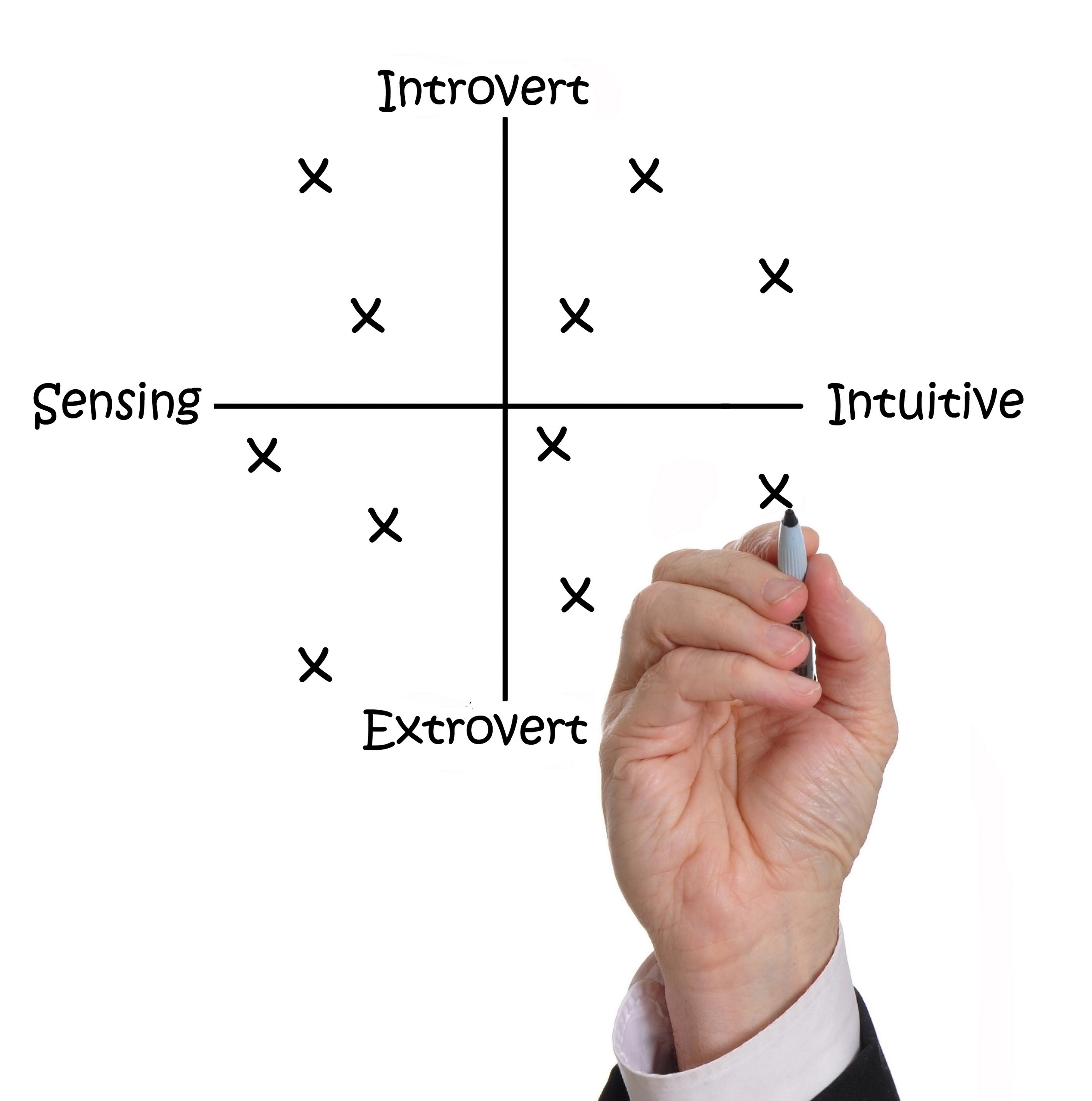Topics tagged with "Personality"

Personality disorders
What are personality disorders in PTSD? Personality disorders are enduring patterns of behaviours, thoughts and feelings that deviate from social expectations. Many people exhibit these traits occasionally, but deviations that persist across situations and cause significant distress and impairment are considered disorders. There are a number of different personality disorders. These include; antisocial personality disorder (disregard for the rights of others); schizoid personality disorder (detachment of social interactions and limited emotional expression); schizotypal personality disorder (discomfort of close relationships, cognitive distortions and eccentric behaviour); paranoid personality disorder (distrust and suspiciousness of others); borderline personality disorder (self-harming, difficulty relating to others);…

Personality and temperament
How are personality and temperament related to risk of PTSD? Personality and temperament are thought to be relatively stable over time. One of the main personality models includes five traits of; 1) neuroticism: vulnerability to emotional instability and self-consciousness, 2) extraversion: predisposition towards sociability, assertiveness, and social interaction, 3) openness: cognitive disposition to new experiences, creativity, and aesthetics, 4) agreeableness: tendency towards being sympathetic, trusting, and altruistic, and 5) conscientiousness: tendency towards dutifulness and competence. A maladaptive combination of personality and temperament traits may constitute a risk factor for the development of psychological dysfunctions. Moreover, temperament traits are considered one…

Personality and temperament
How are personality and temperament related to PTSD? Personality and temperament are thought to be relatively stable over time. A maladaptive combination of personality and temperament traits may constitute a risk factor for the development of psychological dysfunctions. Temperament traits are considered one of the most important moderators of the relationship between stress and psychopathology. What is the evidence regarding personality and temperament in people with PTSD? Moderate to high quality evidence found small relationships between increased PTSD symptoms and increased emotional reactivity and perseveration. There were also small relationships between increased PTSD symptoms and decreased traits of endurance, briskness,…

Personality disorders
What are personality disorders in bipolar disorder? Personality disorders are enduring patterns of behaviours, thoughts and feelings that deviate from social norms. Many people exhibit these behaviours, thoughts or feelings occasionally, but deviations that persist across situations and cause significant distress and impairment are considered disorders. There are a number of different personality disorders. These include; antisocial personality disorder (disregard for the rights of others); schizoid personality disorder (detachment of social interactions and limited emotional expression); schizotypal personality disorder (discomfort of close relationships, cognitive distortions and eccentric behaviour); paranoid personality disorder (distrust and suspiciousness of others); borderline personality disorder (self-harming,…

Personality and temperament
What is personality and temperament in bipolar disorder? Personality and temperament are inter-related and are thought to be relatively stable over time. Temperament is a basic inherited style and refers to aspects like emotions, sensitivity, introversion, and extraversion, while personality refers to characteristics like behaviours, feelings, and thoughts. One of the main personality/temperament models is the Five-Factor Model which includes five traits of; 1) neuroticism: vulnerability to emotional instability and self-consciousness, 2) extraversion: predisposition towards sociability, assertiveness, and social interaction, 3) openness: cognitive disposition to new experiences, creativity, and aesthetics, 4) agreeableness: tendency towards being sympathetic, trusting, and altruistic, and…

Personality and temperament
What is personality and temperament in schizophrenia? Personality and temperament are inter-related and are thought to be relatively stable over time. Temperament is a basic inherited style and refers to aspects like emotions, sensitivity, introversion, and extraversion, while personality refers to characteristics like behaviours, feelings, and thoughts. One of the main personality/temperament models is the Five-Factor Model which includes five traits of; 1) neuroticism: vulnerability to emotional instability and self-consciousness, 2) extraversion: predisposition towards sociability, assertiveness, and social interaction, 3) openness: cognitive disposition to new experiences, creativity, and aesthetics, 4) agreeableness: tendency towards being sympathetic, trusting, and altruistic, and 5)…

Personality disorders
What are personality disorders in schizophrenia? Personality disorders are enduring patterns of behaviours, thoughts and feelings that deviate from social norms. Many people exhibit these behaviours, thoughts or feelings occasionally, but deviations that persist across situations and cause significant distress and impairment are considered disorders. There are a number of different personality disorders. These include; antisocial personality disorder (disregard for the rights of others); schizoid personality disorder (detachment of social interactions and limited emotional expression); schizotypal personality disorder (discomfort of close relationships, cognitive distortions and eccentric behaviour); paranoid personality disorder (distrust and suspiciousness of others); borderline personality disorder (self-harming, difficulty…
Green - Topic summary is available.
Orange - Topic summary is being compiled.
Red - Topic summary has no current systematic review available.